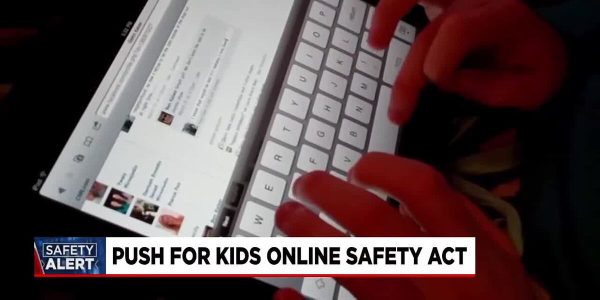How Can We Fix Education in the US?

Congratulations to the class of 2021! We made it! It has been a unique year but we have all done the best we can with the circumstances. As graduation is around the corner we look back at our 12 years spent in the American school system. But did you ever consider how different our lives would be if our educational system was different? As students, our life revolves around education. School is where we meet our friends and where we spend the majority of our lives.
Attending school and getting a well-rounded education is very important and it differs from nation to nation and even state to state in the US. According to the article “Best Counties for Education by US News”: the American Educational system is currently ranked number 1 in the world. However, it’s no secret that the system has a lot of flaws that need to be addressed or fixed. As a senior, I have been through 12 years in the educational system and I have also done research and taken a survey of my fellow classmates about our educational system.
While there are many flaws in the system that have been mentioned and discussed, I want to highlight the three most prevalent. These flaws have recently been brought to the spotlight by teachers and students during the Covid-19 pandemic however they were always there. Like how the system fails to provide mental health support for students and teachers, the emphasis on standardized testing and the common core curriculum, and how students don’t gain any life skills and the effects of this on life after school.
Mental health, especially during the pandemic, was put in the spotlight. As quarantine brought feelings of anxiety and being home all the time made a lot of the population depressed. Among those who were hit the hardest with these challenges were students of all ages. While the Covid-19 pandemic took everyone by surprise, especially schools that weren’t ready for many things such as online instruction or helping their students manage their mental health. The real issue was that even before the pandemic a vast majority of students who needed help weren’t getting the help they needed at school. Most schools don’t have the funding enough to get a school psychologist that works full time, but if they do, they aren’t advertised for all students. Another issue is that the general student population isn’t educated on mental health or what to look for in a peer that might need help. The lack of education can lead to the subject of mental health and therapy being taboo and make students stray away from getting the help they need as they feel that their classmates would judge them. Mental health isn’t spoken about often in class and it isn’t part of the curriculum even though knowing healthy ways to cope with stress, anxiety and depression are very important to the overall health of the students and teachers.
Mental health is important and can be affected by many things in our lives however school is a major contributor. The common core curriculum and standardized testing can be to blame for the added stress and anxiety students feel. As a student I know I can’t be the only one who doesn’t like standardized testing and doesn’t do as well as I could on them. According to Pacific Research Institution, “Common Core has turned out to be an expensive disaster for America, with billions of tax dollars wasted on incentives for states to adopt the national standards, on developing and implementing new Common Core-aligned tests, and on ineffective curricula.” When the common core curriculum first came out their goal was to improve education by setting standards that students need to hit, in order to compete against other countries that seemed to be ahead. However, these standards are difficult to hit for all students as each student has a unique way of learning and each teacher has a unique way of teaching. Common core has actually done the opposite of improving education as it has actually decreased the level of student achievement. As the curriculum doesn’t allow for any flexibility needed for all students to do well. The curriculum has made it difficult on everyone and is one of the biggest flaws in the educational system. Schools and teachers are judged based on student test scores which is not a fair or accurate measure of efficacy. Not only is the testing and curriculum not an accurate description of a student’s capabilities, it takes away any internal motivation in learning. As the pressure to do well makes students simply memorize what they need to know for the test. This leads to decreased learning and more short-term memorizing.
This leads me to my final point that students even after completing 12 years of school don’t have real-life skills such as knowing about taxes, insurance, mortgages, loans, how to cook, first aid, and much more. While there are classes offered that help cover some of those topics, they are electives and they are not required to graduate. Not knowing essential life skills can lead students vulnerable in the real world or dependent on their parents. This can also hinder them from finding their true calling or path.
These flaws and issues mentioned differ from state to state, from district to district, and from school to school however since the Covid-19 pandemic we have seen these flaws come to light. The main issue with the school system is the curriculum and the way learning is occurring. The curriculum tries to fit everyone in one box which will never work and it has already been proven that it doesn’t work. Overall the system has many flaws but as more of them come to light and get the attention of the general public and more importantly parents there will be changes made in the future.









